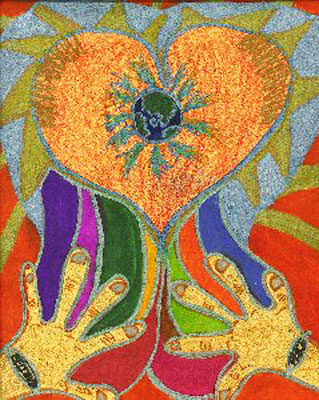All Nonfiction
- Bullying
- Books
- Academic
- Author Interviews
- Celebrity interviews
- College Articles
- College Essays
- Educator of the Year
- Heroes
- Interviews
- Memoir
- Personal Experience
- Sports
- Travel & Culture
All Opinions
- Bullying
- Current Events / Politics
- Discrimination
- Drugs / Alcohol / Smoking
- Entertainment / Celebrities
- Environment
- Love / Relationships
- Movies / Music / TV
- Pop Culture / Trends
- School / College
- Social Issues / Civics
- Spirituality / Religion
- Sports / Hobbies
All Hot Topics
- Bullying
- Community Service
- Environment
- Health
- Letters to the Editor
- Pride & Prejudice
- What Matters
- Back
Summer Guide
- Program Links
- Program Reviews
- Back
College Guide
- College Links
- College Reviews
- College Essays
- College Articles
- Back
On Narrative of the Life of Frederick Douglass, An American Slave
Frederick Douglass was born into slavery in Maryland. It was through his own determination and tenacity in gaining literacy, coupled with escaping slavery, that changed the course of his life. Through his autobiography, readers of the past, present, and future are bound to be appalled by the heinous traumas of slavery that he experienced and advocated assiduously against. Within this narrative, Douglass provided an eloquent and vivid recount of his enslavement conveyed through an intelligent manner that reached out to readers in the most engrossing way possible. His writing magnified the seriousness of slavery in a way that appealed to a wide range of emotions, strategically placed and emphasized to achieve the maximum effect of gaining accordance.
Throughout the initial chapters of Douglass’s narrative, his selection of poignant words reverberated ubiquitously within a reader’s mind. Douglass’s masterful employment transmits to the reader the precise feelings of emotional distress, anguish, and degradation that he himself experienced. For instance, Douglass’s remembrance of slave songs captured his feelings in a heart-rending way:
I did not, when a slave, understand the deep meaning of those… songs. They told a tale of woe… they breathed the prayer and complaint of souls boiling over with the bitterest anguish. Every tone was a testimony against slavery, and a prayer to God for deliverance from chains. The hearing of those wild notes always depressed my spirit, and filled me with ineffable sadness. (17)
Douglass’s phraseology skillfully offered a timeless window that continuously summons emotions of shock, sympathy, and anger. His adept utilization of an audience’s emotional responses, mixed in with his own compelling firmness, cultivated a hauntingly unforgettable atmosphere.
Unassailably, Narrative of the Life of Frederick Douglass An American Slave attests to the dehumanizing aspects of slavery that confers a lingering impression. Douglass’s courageousness, Douglass’s persistence, and Douglass’s triumph over adversity is the ultimate defining factor of what freedom is. Douglass wants his audience to cherish freedom for what it stands for, be it education or political representation. His story drives individuals to see freedom in a different perspective, further urging them to realize that a lack of freedom is tremendously stunting.

Similar Articles
JOIN THE DISCUSSION
This article has 0 comments.
